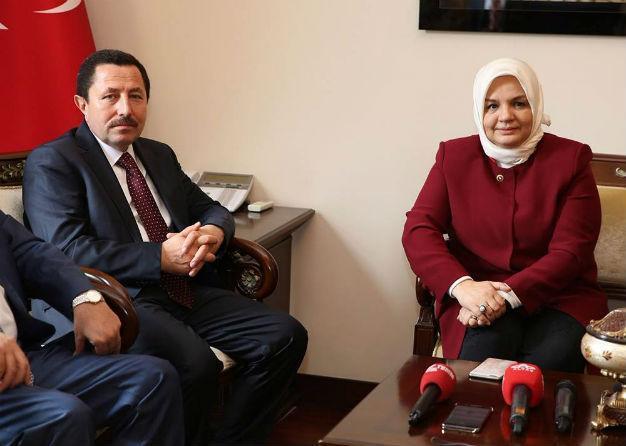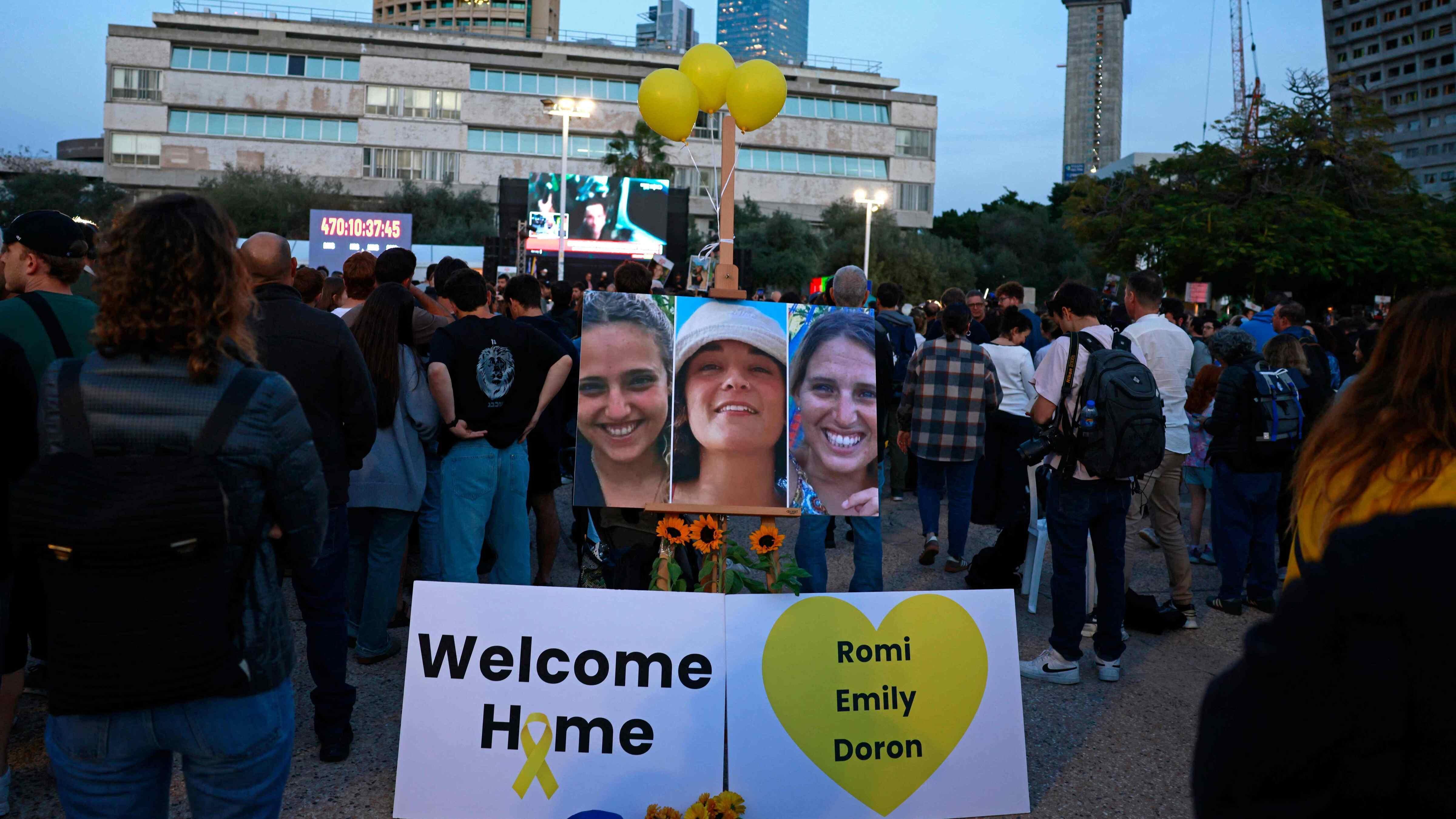Parliamentary commission’s draft report on divorce sparks controversy
ANKARA

DHA photo
A draft report prepared by a parliamentary investigation commission after four months of studies has sparked discontent over a range of controversial recommendations which rights organizations and opposition deputies argue could destroy gains in women’s rights.“An arrangement should be made to ensure personal impunity in cases where both parties [assailant and the victim] are under the age of 15 [in cases of sexual abuse],” said one of the most disputed recommendations of the 479-page report. It also touched upon cases of child sexual abuse which result in marriages, proposing an amendment to the penal code to allow for probation “in cases of unproblematic and successful marriages,” following a five-year period of supervision.
In addition to child sexual abuse, the report also recommended an amendment to the law on preventing violence against women to restrict the issuance of protective and preventive measures which include providing shelter, legal and psychological assistance and protection against the person(s) who resort to violence.
“In cases where evidence or documents are not sought to implement protective and preventive measures, the measures can only be introduced for a 15-day period,” the proposed arrangement said.
The report also includes provisions which call for compulsory sessions with a professional intermediary in cases of domestic violence or divorce, demands closed hearings in all cases relating to family law “to protect the privacy of the family” and proposes the introduction of a time limit to alimony payments.
Meanwhile, the commission chair, a ruling Justice and Development Party (AKP) deputy from Düzce, Ayşe Kesir, held a press conference at the parliament on May 16 as the report was sent to the parliament for a general evaluation. In her remarks, Kesir argued that defending the unity of the family should never be perceived as tantamount to neglecting the rights of women and children.
Kesir highlighted different aspects of the report, such as the role of the media in producing more “responsible” content or introducing widespread workshops on anger and stress management.
The report was criticized by deputies from opposition parties, who lodged a statement of opposition to the report, and a women’s rights organization called the Equality Monitoring Women’s Group (EŞİTİZ), which released a highly critical statement following the introduction of the draft report.
Opposition deputies argued the gist of the problem was not increasing divorce rates but the disadvantages experienced by women and children after a divorce. Deputies argued the report failed to cover a women’s perspective on divorce and did not include adequate provisions to ensure gender equality in society.
“Although a healthy family is one of the building blocks of a healthy society, the perception of women as part of a sacred family institution creates an unhealthy structure,” their statement of opposition said.
Meanwhile, EŞİTİZ claimed that the formation of a parliamentary commission on divorce, which was decided upon an agreement from all parties at the parliament, was not necessary as Turkey has a marriage rate of 7.7 while the divorce rate is only 1.7.
“Violence against women and children was only covered in one page of the 479-page report and only as a subtitle on issues that affect the unity of the family,” the group said.
















